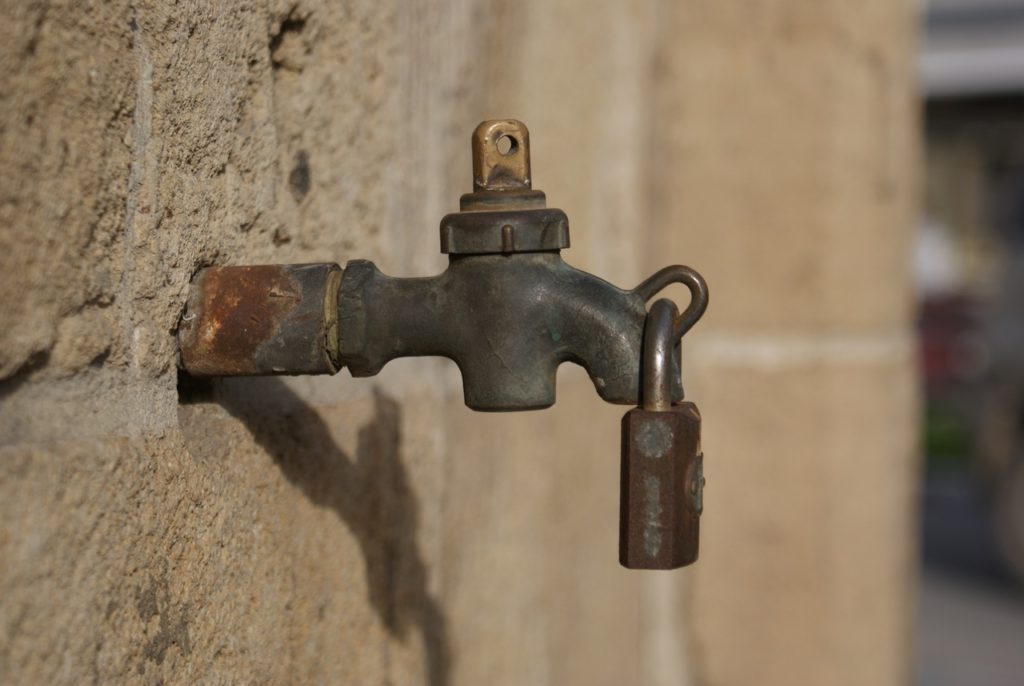Nine out of ten of the companies in Flanders which are the heaviest consumers of water have no back-up plan to deal with an impending drought, according to a study carried out by the Flemish chamber of commerce Voka. The region is facing a water shortage after an exceptionally dry summer last year, inadequately compensated for by rainfall in winter and spring. Reservoirs have not been refilled, and groundwater levels are low, in some places even very low.
“We forget that we are sitting in a water-poor region,” commented Katrien Smet of the Flemish Environment Agency. Flanders has a reserve of water of 1,500 cubic metres per inhabitant, compared to 5,000 cubic metres in the bordering Netherlands. The figure is considered low to begin with, and if the reserve drops below 1,000 cubic metres per person, that is considered a serious problem.
Flanders also has only one major river, the Scheldt, whereas the delta in the Netherlands is watered by the Rhine, the Maas and the Scheldt. Flanders is heavily built-up, which means more paved-over surfaces which prevent rainwater from running into the ground. Already 14.5% of the surface area in the region is paved over with asphalt, cobbles, concrete and the like, with the total increasing by three hectares every single day.
VRT News spoke to Patrick Willems, professor of water management at the University of Leuven. “We get 800-900mm of precipitation a year,” he explained. “Because of climate change we are seeing more extreme weather conditions, such as harder rainstorms, more water in a short time, and then dry periods which are more dry than normal. On the one hand more water problems, and on the other more drought and more risk of water shortages.”
Voka looked at 268 companies which use a lot of water – food and energy companies, steel producers and manufacturers in the chemicals and pharmaceuticals industries. Almost one in four – 23% – were in West Flanders, hit hardest last year by water shortages. In nine out of ten cases, companies have no Plan B to deal with the problem if and when it presents.
At the same time, more than half recognise they may have to shut down production to some extent or face safety problems. Eight out of ten claim they have no alternative water source, and no option to take preventive water-saving measures.
The organisation is now calling on the Flemish government to appoint a drought manager who can be approached by companies. “They have to be able to get in touch with a point of contact for information on possible drought conditions and alternative water sources,” said Voka secretary-general Nico Demeester. “Active communication by the government, in other words.” Water-intensive companies account for 22% of jobs in Flanders, he pointed out. Production losses would not only affect employment and the economy, but water shortages could present serious safety concerns, for example in cooling systems for energy producers.
Alan Hope
The Brussels Times
The Brussels Times

